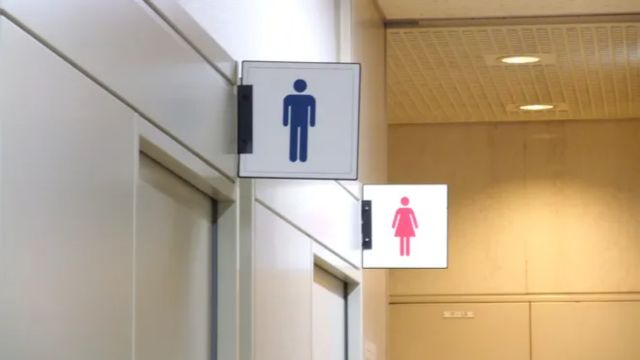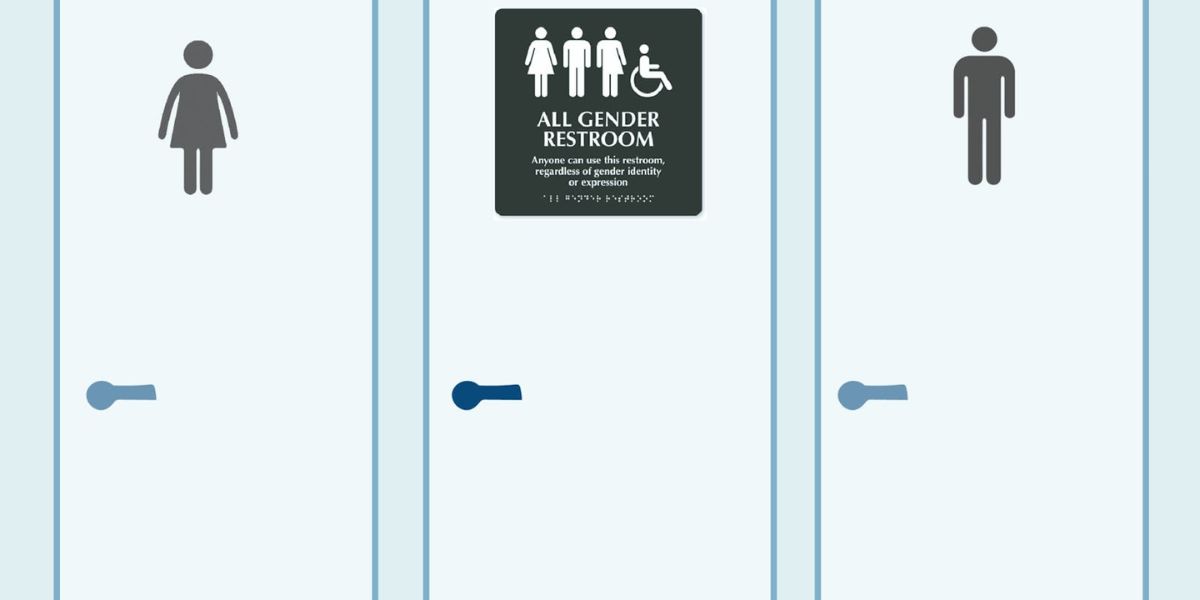Florida is known for its vibrant culture and beautiful landscapes, but the Sunshine State is also making headlines for significant legal changes in a variety of sectors—including bathroom laws.
As of 2025, a series of new regulations and updates are set to affect how public and private facilities manage restroom policies.
These changes could have far-reaching implications for businesses, government agencies, and citizens alike.
Here’s a breakdown of five important updates to Florida’s bathroom laws that could impact you:
1. Inclusive Bathroom Access for All Genders
One of the most anticipated updates involves a shift toward inclusive bathroom access for people of all genders. Florida is set to require all public facilities and businesses that offer restroom access to allow individuals to use the bathroom corresponding with their gender identity.
This law is part of a broader push for inclusivity and human rights. It aims to provide transgender individuals with a more respectful and safe environment by allowing them to use the bathroom that aligns with their gender identity, rather than being limited to facilities that match their sex assigned at birth.
For businesses, this means updating policies, signage, and training staff to ensure respectful and non-discriminatory service. It’s crucial for establishments to understand how to comply with the new guidelines, as non-compliance could lead to penalties or loss of permits.
2. Single-Occupancy Bathrooms No Longer Require Gender Designation
In an effort to accommodate diverse needs and promote convenience, Florida will no longer require gender-specific signage for single-occupancy bathrooms. Facilities will be allowed to label these restrooms simply as “Restroom” or “Unisex Restroom,” without the need to specify male or female.

This change not only benefits individuals who may feel uncomfortable in gender-specific restrooms but also makes it easier for families with children, people with disabilities, and others who may have unique restroom requirements. For businesses, this means less confusion and more flexibility in how they designate their facilities, especially in smaller spaces where a single-occupancy restroom is the best option.
3. Private Businesses Must Provide Restroom Access to Employees and Customers
Under new Florida laws, private businesses with certain numbers of employees will be required to provide access to restrooms for both workers and customers. This regulation is aimed at ensuring that no one is denied basic access to a restroom in a public space, whether they are shopping, working, or simply passing through.
The Latest Bathroom Law Changes in New York: 5 Key Updates Coming Soon
For businesses, this means they must have clear policies and accessible facilities for all customers and employees, regardless of whether they are on the clock or just visiting. Small businesses, however, may see some exceptions, so it’s important for business owners to stay informed on the specific requirements based on their operations.
4. Increased Penalties for Restroom Discrimination
Florida has been taking a harder stance on discrimination in all areas, including bathrooms. Under the new laws, businesses that enforce discriminatory restroom policies—such as denying access based on gender identity or limiting restroom access for specific groups—will face increased penalties.
Violations of these bathroom laws could result in hefty fines or even legal action. This increased scrutiny places a greater responsibility on Florida business owners to ensure their restrooms are accessible, welcoming, and compliant with state guidelines. Staff will also need ongoing training on how to manage restroom access in a non-discriminatory way.
5. Restroom Facility Upgrades for Health and Safety Standards
In addition to addressing inclusivity and access, Florida’s new bathroom laws will require a series of upgrades to improve health and safety in public restrooms. This includes ensuring proper ventilation, sanitization, and accessibility for people with disabilities.
Facilities must meet higher standards for cleanliness and hygiene, with regular inspections and maintenance required to comply with state regulations. For businesses, this could mean investing in new equipment, such as automatic faucets and self-cleaning toilets, to meet updated standards. Additionally, businesses will need to ensure that all restrooms are wheelchair accessible and meet the needs of people with mobility challenges.
What Does This Mean for You?
As these changes roll out, it’s important for residents, business owners, and employees to stay informed about their rights and responsibilities under the new bathroom laws. Whether you are an individual navigating your own restroom access or a business trying to remain compliant with the new regulations, these changes are meant to create a more inclusive, accessible, and safe environment for all.
If you are a business owner, take proactive steps to update your facilities and policies now to ensure you’re fully compliant when the laws take effect. Consider consulting with legal professionals, and train your staff on handling restroom-related issues with sensitivity and respect.
Florida’s upcoming bathroom law changes are part of a broader effort to modernize facilities, enhance inclusivity, and promote fairness.
While these new regulations may require some adjustments, they also represent a step forward in ensuring that all Floridians and visitors have access to safe, dignified, and accessible restrooms.
By staying informed and prepared, individuals and businesses alike can navigate these changes smoothly and with confidence.



























+ There are no comments
Add yours